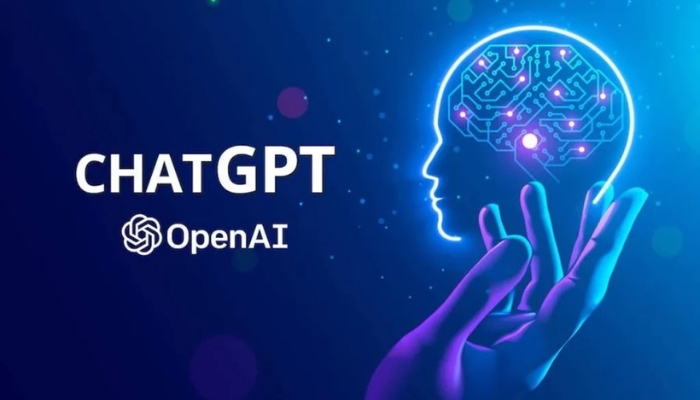
According to whistleblowers, contracts contain clauses requiring employees to get consent before contacting regulators
OpenAI whistleblowers have demanded that the US financial watchdog look into non-disclosure agreements. They claim that these contracts have clauses requiring staff to get consent before contacting regulators.
Employees are typically prohibited from providing external parties with firm information by non-disclosure agreements (NDAs). But according to a group of whistleblowers, OpenAI’s NDAs may have meant that workers suffered consequences for informing federal authorities about their concerns regarding the business.
OpenAI, a prominent player in the artificial intelligence sector, is based in San Francisco and is the company behind the ChatGPT chatbot. Amid its rapid development, experts have voiced worries about the technology’s potentially hazardous possibilities.
In a letter to US Securities and Exchange Commission (SEC) Chair Gary Gensler, the Commissioners were requested to swiftly authorise an investigation into OpenAI’s prior NDAs. The letter cited established hazards related to AI’s careless deployment. It also demanded an assessment of the business’s ongoing efforts to guarantee SEC compliance.
The whistleblower representatives sent their letter on July 1. The Washington Post then published it on Saturday after receiving it from the office of US Senator Chuck Grassley.
The letter notifies that “systemic” legal infractions at the company have been alleged in a formal complaint filed with the SEC.
“Artificial intelligence is swiftly and significantly transforming the technology landscape,” Grassley stated to Reuters. He continued, “OpenAI’s policies and practices seem to discourage whistleblowers from speaking out and receiving proper compensation for their protected disclosures.”
The letter claims that workers have been forced to sign contracts waiving their legal rights to recompense for whistleblowing.
The whistleblowers claim that OpenAI violates SEC regulations with its employment contracts, severance agreements, and NDAs.
Employees using this technology must be made aware of their rights to file complaints or bring issues to the attention of federal regulatory or law enforcement bodies, they stressed.
The whistleblowers claim that earlier NDAs from OpenAI unlawfully limited workers, and they are pleading with SEC commissioners to look into these agreements.
The letter stressed that because of the possible risks that highly developed AI systems may bring to mankind, tight NDAs are particularly worrisome.
It demanded that the SEC take the following actions: fine OpenAI for each improper NDA; remind current and former employees of their whistleblower rights; compel OpenAI to disclose all NDAs issued and verify that none have impeded signatories’ rights; and order OpenAI to address the chilling effect caused by its previous practices.
“Our whistleblower policy protects employees’ rights to make protected disclosures,” an OpenAI spokeswoman said. Furthermore, we have already made major adjustments to our leaving procedures to do away with non-disparagement agreements since we understand how important it is to have frank discussions about this technology.”
We have contacted the SEC for a response.



